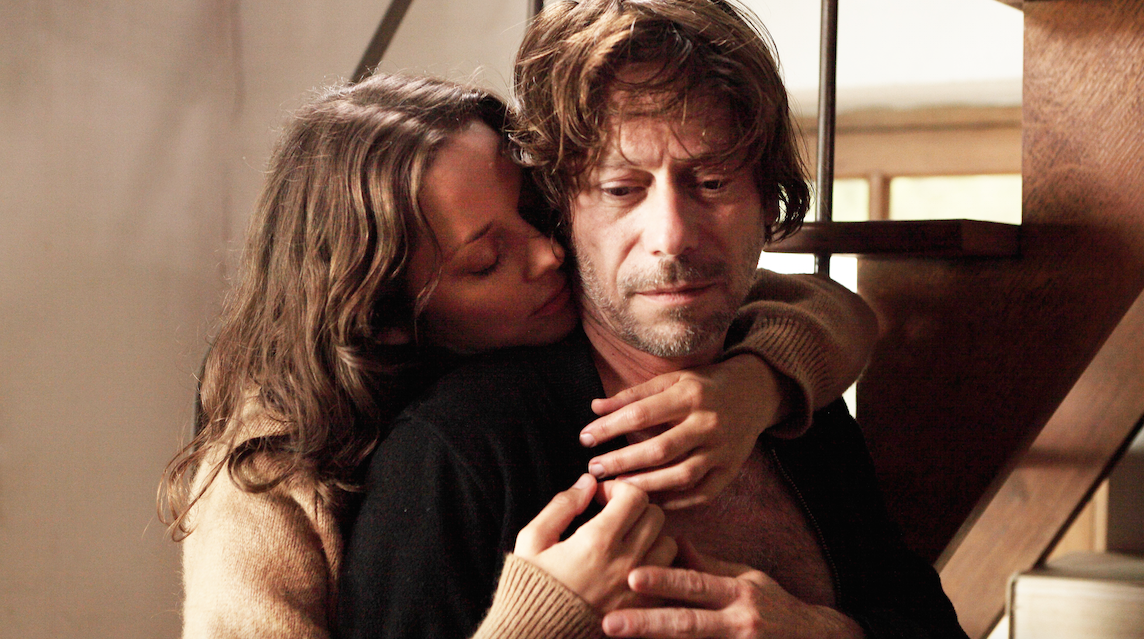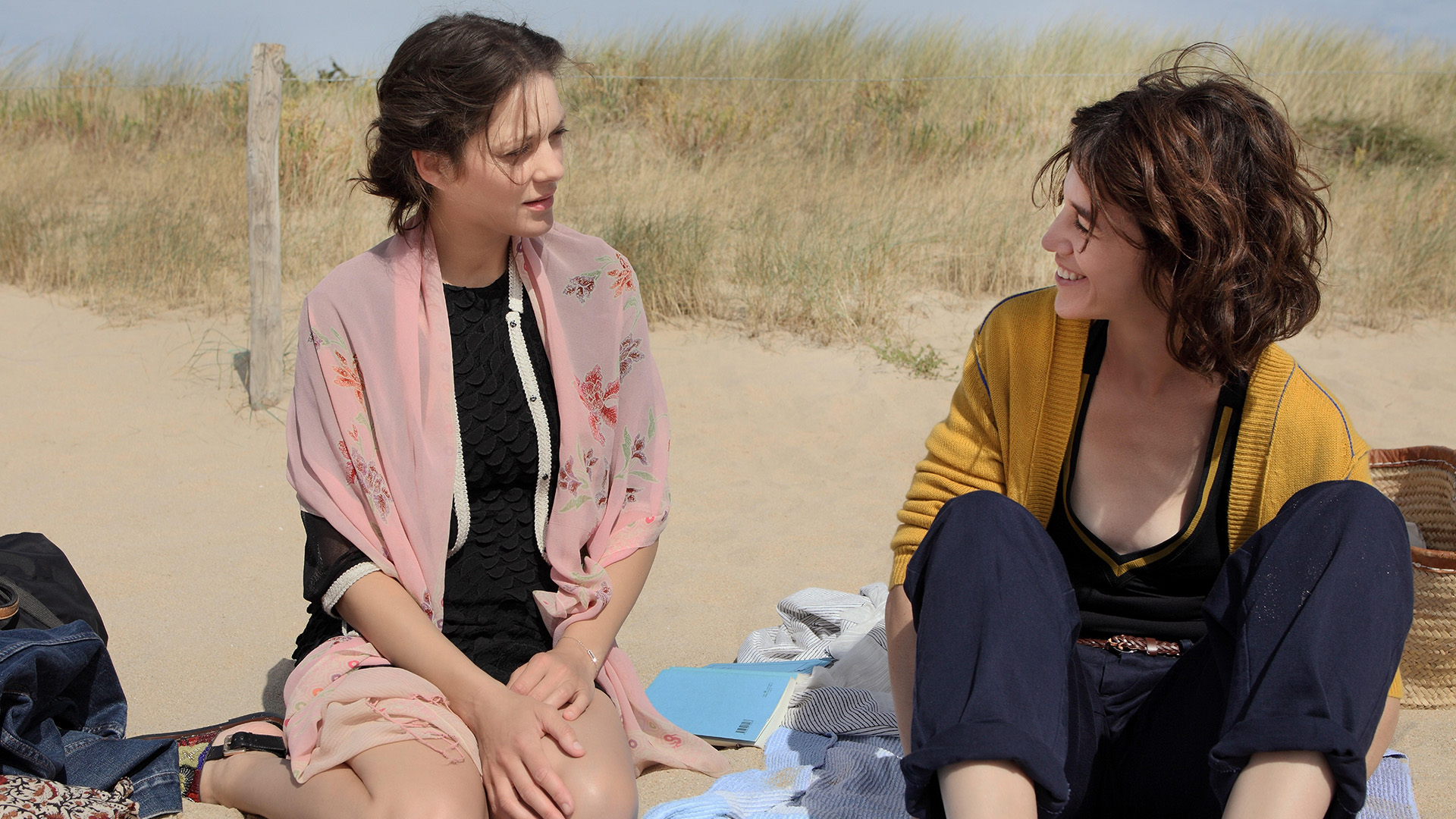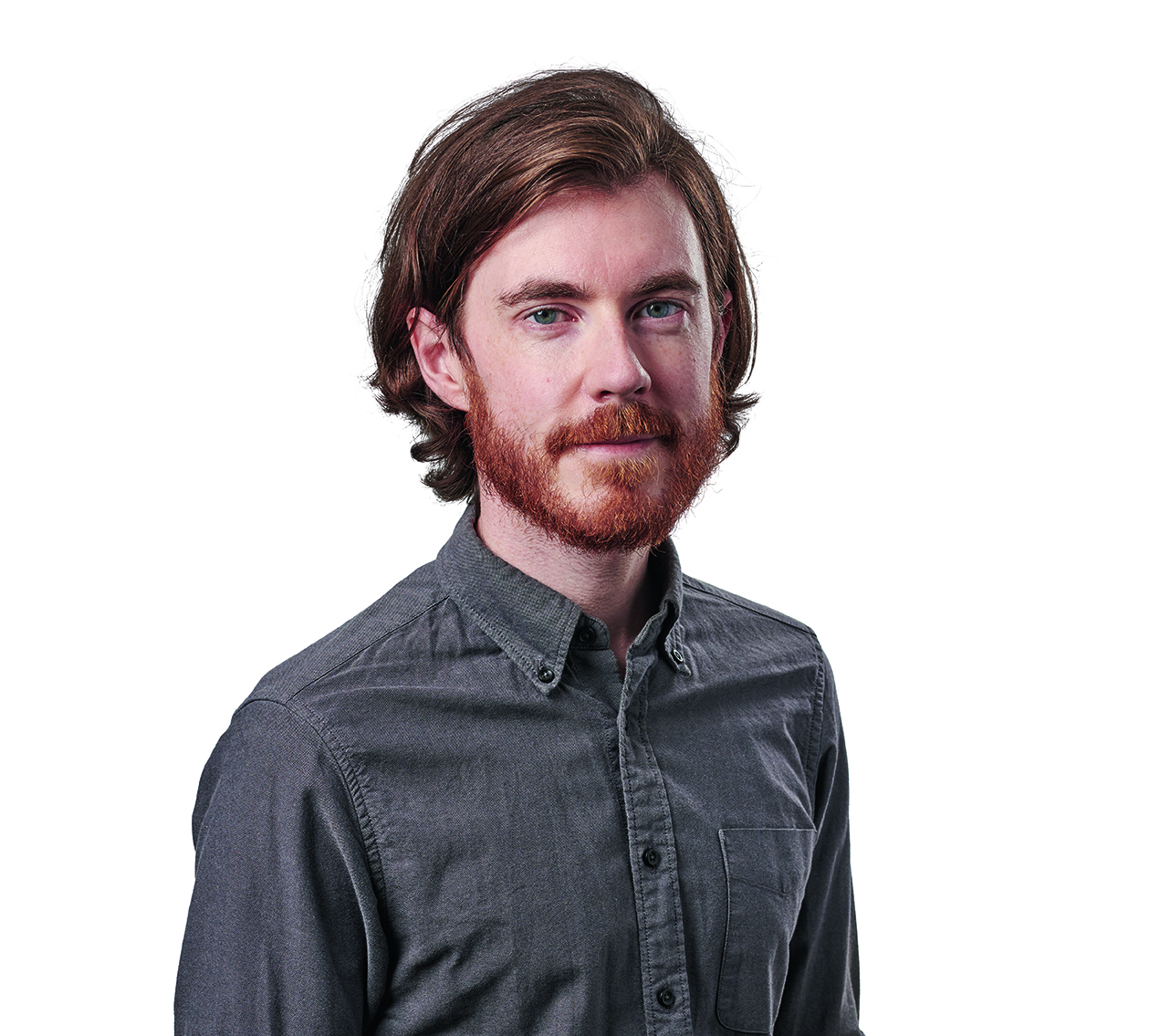Cannes 2017: Marion Cotillard returns from the grave in Ismaël's Ghosts

Cannes Film Festival has a habit of awarding its prestigious opening slot to forgettable Euro fare (Standing Tall) and starry Hollywood stinkers (Grace of Monaco). In keeping with tradition, Ismaël’s Ghosts, from A Christmas Tale’s Arnaud Desplechin, errs towards the former with a splash of the latter. It sees Bond baddie Mathieu Amalric haunted by a spectre from the past when his missing wife Carlotta (Marion Cotillard) returns after 21 years presumed dead. But that’s just one aspect of this seemingly aimless exercise in plate spinning that also comprises a spy-film-within-a-film, fourth-wall breaking monologues, and musings on the nature of nightmares.
In exactly the type of disheveled, tortured artiste roles he excels at, Amalric (who also has his own film, Barbara, competing in the Un Certain Regard category at this year’s fest) steps back into the shoes of Ismaël Vuillard from 2004’s Kings and Queen. When we’re reunited with Ismaël, the film writer/director is in the midst of production on his latest movie – the autobiographical tale of his spy brother Ivan (Louis Garrel). Through a series of disparate flashbacks we learn that Ismaël has been providing vital emotional support to Carlotta’s father Bloom (László Szabó) in the decades since her disappearance, and that Ismaël has recently started a promising relationship with astrophysicist Sylvia (Charlotte Gainsbourg).

One day, while Ismael and Sylvia relax at their beach home, Carlotta materialises out of the surf and announces her miraculous return from the dead. Where has she been? Is she an imposter? Is she even real? It’s a mystery that openly echoes Hitchcock classic Vertigo, a fact acknowledged by Grégoire Hetzel’s Hermann-esque doom-string score. It’s during this mid-section that the film is at its strongest. Secrets, suspicion, longing, anger and a tangible connection between two estranged lovers provide meaty raw material for the central trio to chew on, when the frequently clumsy dialogue doesn’t cause the carefully cultivated drama to crumble. There are hints the film could veer towards Fatal Attraction territory, or go in even more unexpected directions. At one point Carlotta gyrates to Bob Dylan’s It Ain’t Me Babe in what’s either awkward ice breaker or failed seduction of Sylvia. But this enthralling, exceedingly awkward three-hander quickly peters out, giving way to a final third that goes catastrophically off the rails as Ismaël loses a grip on his sanity.
The intention is clear – as Ismaël’s life falls apart around him, so does the film itself, art reflecting art. But the increasing focus on the inconsequential meta-movie (pulled off to startling effect in last year’s Nocturnal Animals but serving no purpose whatsoever here) at the expense of a meaningful exploration of the fallout from Carlotta’s return blunts the film’s most potent dramatic device. It leaves the storytelling feeling sloppy in the extreme, with some jarring tonal shifts into broad comedy that give the impression Desplechin never has a firm grip on his own tale. An alternative cut running a full 20 minutes longer is due to show at Cinéma du Panthéon in Paris soon, patently Desplechin is still wrestling with his own ghosts.
Sign up for the Total Film Newsletter
Bringing all the latest movie news, features, and reviews to your inbox

I'm the Deputy Editor at Total Film magazine, overseeing the features section of every issue where you can read exclusive, in-depth interviews and see first-look images from the biggest films. I was previously the News Editor at sci-fi, fantasy and horror movie bible SFX. You'll find my name on news, reviews, and features covering every type of movie, from the latest French arthouse release to the biggest Hollywood blockbuster. My work has also featured in Official PlayStation Magazine and Edge.


